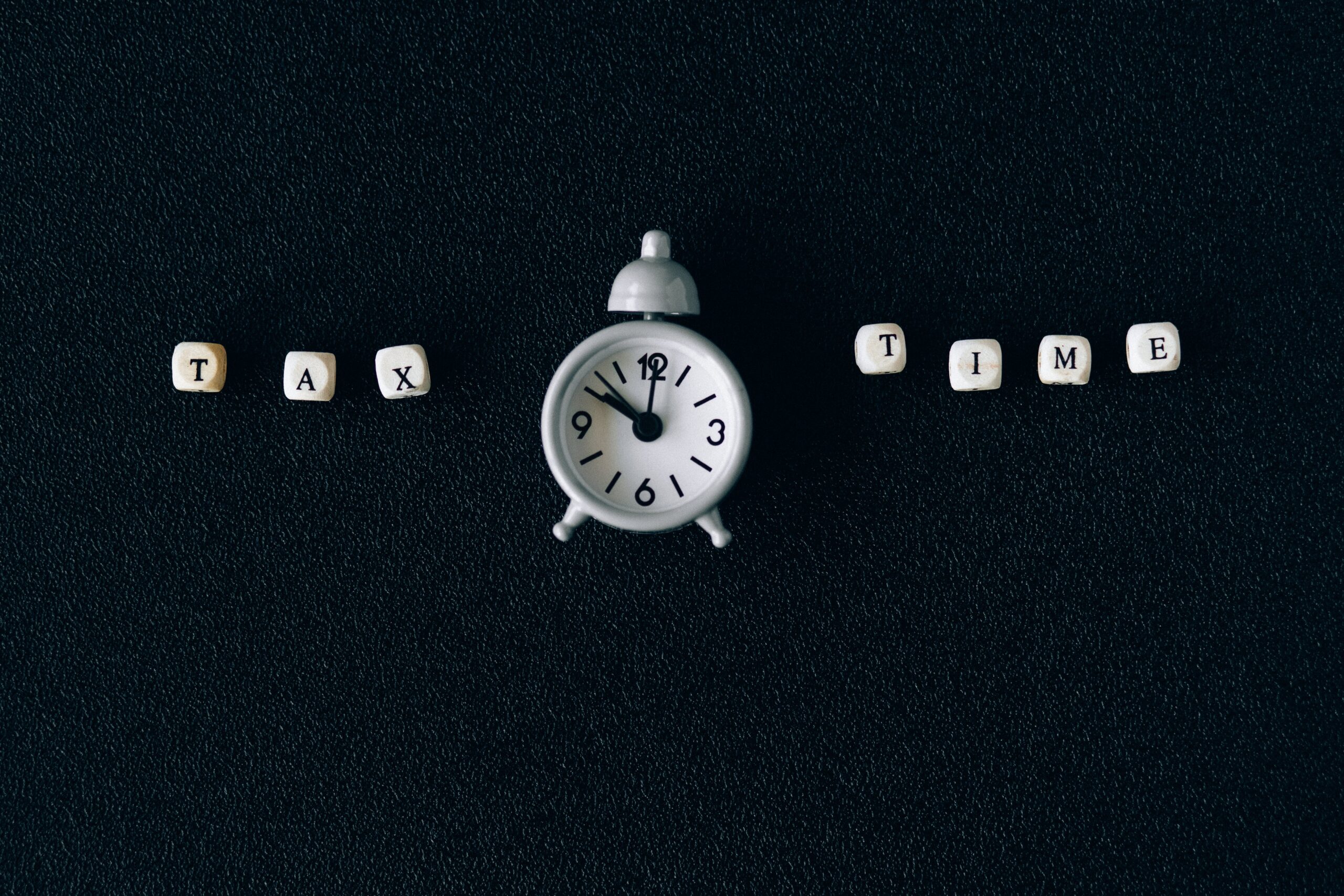Self-Employment Taxes – Biggest Tax Mistakes to Avoid
No one expects you to know all of the complicated tax codes. But along with the most common tax deductions, you should be aware of some mistakes that can cost you more in taxes. It’s important to have a tax professional looking over your shoulder when filing your self-employment income tax return. In addition to maximizing your deductions, there are important mistakes to avoid.
Click here to watch a helpful webinar with Angela Snyder, the Taxanista all about business tax mistakes to avoid as a self-employed person.
Mistake: Not Researching Tax Deductions
It’s wise to have your taxes prepared by a professional. However, he/she won’t write off uncommon deductions that you don’t bring to their attention. Being self-employed means you should only be taxed on your profit (gross income minus tax deductions). Anything else involving your business is probably deductible. If you’re not sure, bring it to the attention of your tax preparer. Make it a habit to keep a folder handy throughout the year to drop notes into every time you come across an expense that you think might be deductible. Even if you do your own taxes, a file will remind you what you need to research when tax time rolls around.
Mistake: Using Personal Accounts to Pay Business Expenses
You can trigger this tax mistake by something as small as not keeping separate books of postage stamps for personal and business use. Never commingle business funds with personal funds. The IRS has more reasons to question your deductions if they come from a personal account than if they come from your business account. There are a few accounts that might become intermingled like your home internet and utility bills that count towards both your personal and business expenses. Most of these are relatively easy to separate at tax time as a portion for both accounts.
Something to watch for is picking up something small for your office while doing the household shopping. A box of envelopes or a package of pens might not seem like much at the time but adds up over the year. Have a debit or credit card for your business account and take the time to separate the costs at the checkout register. A business receipt is also easier to calculate than having to separate the paperclips from a receipt that includes breakfast cereal and ice cream.
Mistake: Not taking the Home Office Deduction
The home office deduction is no big deal. Millions of people take this deduction every year. Using the simplified method is quick and easy. However eventually, you may save more on your taxes using the standard home office deduction.
Mistake: Not Paying Your Estimated Taxes
These are also known as quarterly taxes. Your estimated taxes are due:
- April 15
- June 15
- September 15
- January 15
An underpayment penalty can be added to your annual tax bill if these dates are missed. A general strategy is to estimate quarterly taxes by dividing last year’s taxes by four and paying each portion by the due date. However, you should be aware of whether or not you expect the current year’s taxes to change substantially.
Mistake: Not Updating Your Tax Strategy
It’s a good practice to review your tax strategy periodically. Having a tax professional such as an accountant, CPA or EA is even more important. The tax professionals are there to know about relevant tax code updates.
One important time to update your tax strategy is after you start your business. This is when you’ve established your sales and marketing processes and cash flow have become predictable. Another time to review your self-employment tax strategy to avoid tax mistakes is whenever tax laws change, which can be frequent. Check your strategy to avoid tax mistakes when your business changes significantly. Finally, check in on your tax strategy on a regularly scheduled basis such as every three years. Unless your business is tax accounting, this is a time to seek out professional help.
This information is intended as a basic guide for self-employed individuals. If you are self-employed and have questions about your taxes, seek help from an accounting professional.






One Response
Thanks for sharing this marvelous post. I’m very pleased to read this article. I enjoy this site – it’s so useful and helpful.